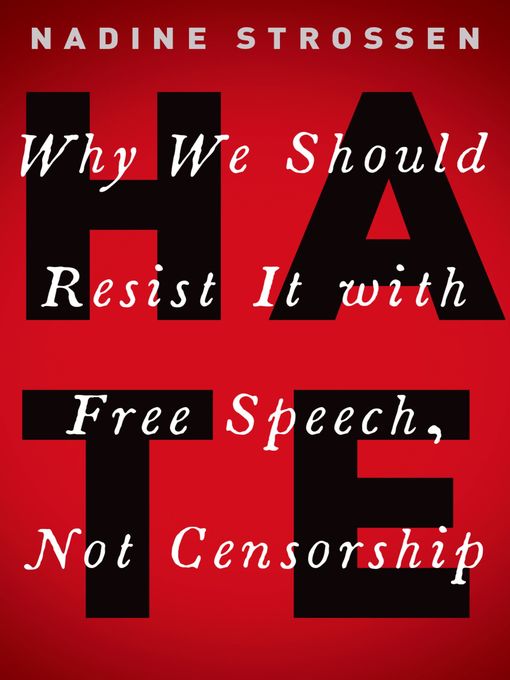- Mother's Day Reads
- Asian American, Native Hawaiian, and Pacific Islander Heritage Month
- Jewish American Heritage Month
- May the 4th Be With You
- Celebrating Cinco de Mayo
- Mental Health Awareness
- A Family Affair: Bridgerton Read Alikes
- Our Librarians Love Steampunk!
- Blake Crouch: Dark Matter and More
- She doesn't even go here!: For fans of Mean Girls
- April Showers Bring May Flowers
- Not Just Another Teen Book- YA for Adults
- Retro Reads - Books from the 1900s
- See all
- Mother's Day Reads
- Asian American, Native Hawaiian, and Pacific Islander Heritage Month
- Jewish American Heritage Month
- May the 4th Be With You
- Celebrating Cinco de Mayo
- Mental Health Awareness
- Poetry Is Meant To Be Spoken
- A Family Affair: Bridgerton Read Alikes
- Our Librarians Love Steampunk!
- She doesn't even go here!: For fans of Mean Girls
- Page to Screen
- Not Just Another Teen Book- YA for Adults
- Retro Reads - Books from the 1900s
- See all
- #ownvoices / Diverse Books
- Antiracism Resources
- Sheet Music & Song Books
- Bücher auf Deutsch / Books in German
- Civil Service Test Prep
- The Great Courses
- QuickReads Collection
- See all


